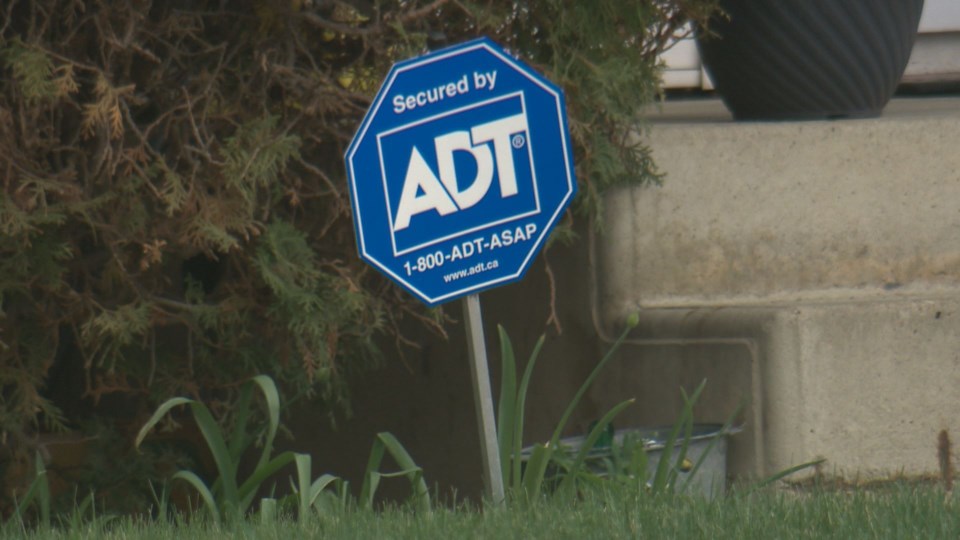Editor's note: This letter is in to the story "Police respond to thousands of false alarm calls" which appeared in the March 5 edition of Northern Life.
While the 97-per-cent rate of false alarms, equivalent to about 1,700 police responses annually, certainly represents a significant waste of police resources, I don't believe that the solution is for the police to completely abandon responding to alarm calls.
What about the three per cent, or approximately 50 calls annually, where the police responded to an actual burglary?
One must also not discount the loss of general deterrence if burglars knew that the police did not respond to alarms.
It seems to me that if we wish to maintain the possibility of having the police respond to alarms, which I believe has value, the obvious and necessary solution is to reduce the rate of false alarms.
Maybe this is easier said than done. But, I do have an idea to offer.
Perhaps alarm monitoring companies should be required to pay the police service the full cost of responding to all the false alarms that came from them. If the police service were fully compensated, the false alarms would no longer drain police resources from their other duties. Furthermore, the alarm monitoring companies would now have a significant financial incentive to curb their rates of false alarms.
If forced to pay the full cost of the wasted police responses, they would need to ensure their false alarm rates remained low in order to be able to continue offering alarm services at affordable and competitive prices.
Alarm monitoring companies, who often also install and service alarm systems, should have or be able to develop all the technical expertise and resources necessary to reduce their false alarm rates.
They could charge higher prices to, or altogether refuse to service customers whose systems or behaviour cause or pose a significant risk of false alarms.
The police could also refuse to respond to calls from the monitoring companies who fail to keep their rates of false alarms below a certain threshold.
It seems to me that the alarm companies, working closely with their customers, have a central role to play in the effort to reduce the rate of false alarms and the burden it places on our police service.
After all, without the possibility of a police dispatch, the value of alarm monitoring is significantly reduced, if not altogether nullified.
J.P. Rank
Sudbury
